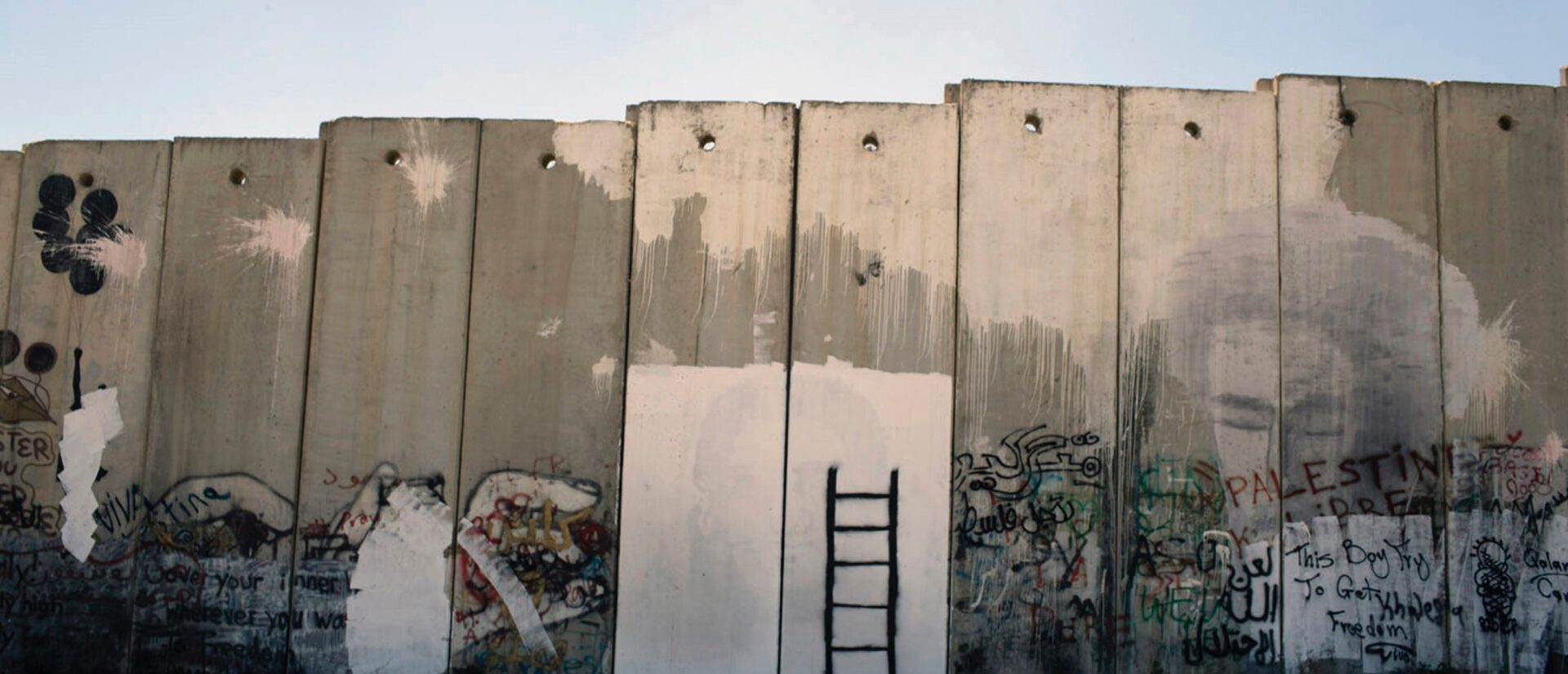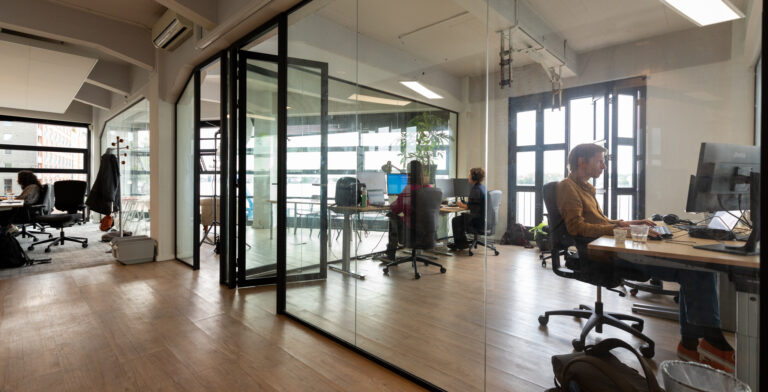
SOMO researchers fight denied entry into Israel
Sfard law firm files request for re-examination of travel ban
Today, lawyers Michael Sfard and Haya Abu Warda, from the renowned law firm Michael Sfard in Tel Aviv (Israel), filed a request on behalf of SOMO researchers Lydia de Leeuw and Pauline Overeem for the re-examination of a travel ban that was imposed on the two in July 2018. The request was filed with the Israeli Ministry of Interior, following previous refusals by the Israeli authorities to provide openness and an explanation about the denied entry. SOMO supports its researchers, as well as all Human Rights Defenders who work on the topic of responsible business conduct, in Israel and the occupied Palestinian territories. SOMO has joined the choir of voices in Israel, Palestine and internationally speaking out against the Israeli authorities’ attempts to silence critical opinions.
Access denied, SOMO research hindered
Two SOMO researchers denied entry into Israel on arbitrary grounds
On Friday, 20 July 2018, Lydia de Leeuw and Pauline Overeem were denied entry into Israel upon arrival at Ben Gurion airport (Tel Aviv). When they presented themselves at passport control, they were stopped, apprehended, interrogated and subsequently expelled. The stated reason for the denial of entry and expulsion was their alleged Boycott, Divestment and Sanctions . Amendment no. 28 of the Entry into Israel Law was invoked to validate the travel ban.
A travel ban until 31 December 2023 was imposed on De Leeuw and Overeem. This seriously obstructs SOMO’s research and networking activities in the region, which are for a major part financed by the Dutch Ministry of Foreign Affairs.
Following the denied entry of De Leeuw and Overeem, SOMO became aware that the basis for the said refusal included the allegation that SOMO as an organisation has promoted a boycott against Israel.
Business and human rights in the occupied Palestinian territories
Over the past years, SOMO has issued a number of publications outlining and analysing corporate activities in illegal Israeli settlements on occupied Palestinian territory. One core message is that by contributing to the settlements, enterprises deepen and perpetuate the violation of human rights and international law in the occupied territories. Foreign (including Dutch) businesses that import products grown and/or manufactured in settlements located in the occupied territories have a clear responsibility to refrain from contributing financially to the settlements’ economy. SOMO’s work in this regard is founded in international human rights law and international humanitarian law. SOMO’s research, networking and lobbying activities pertain to the promotion and protection of human rights and the prevention of violations of international law by corporate actors.
Lack of evidence, political screening
SOMO researchers Leeuw and Overeem were denied entry into Israel by reason of their alleged support of the boycott against Israel. The evidence presented against De Leeuw consisted merely of a few social media posts. An objective analysis of De Leeuw’s social media record shows that these posts primarily consist of an objection to the Israeli occupation of Palestinian territories and criticism against the Israeli policy in the Occupied Palestinian Territory – all of which are legitimate messages. No evidence was presented to support the allegation that Overeem supports a boycott against the state of Israel, which is not surprising as such evidence does not exist.
The work of SOMO on business and human rights in the region does not amount to “an actual, consistent and continuous activity aimed at promoting boycotts”, which is the criteria determined by the Israeli Ministry of Interior for denial of entry. Denying the SOMO researchers entry into Israel, however, seems to be a case of political screening based on a specific worldview. This is an affront to the freedom of expression.
Undemocratic attitude
SOMO is of the opinion that Amendment no. 28 of the Entry into Israel Law reflects the undemocratic attitude of the Israeli government. It constitutes a violation of the right to freedom of expression.
The fact that in the request for re-examination of the entry ban imposed on the SOMO researchers, reference is made to the Entry into Israel Law should not be seen as legitimisation of this piece of legislation. Referencing this law in the request is a necessary evil in the struggle to reclaim civic space.
Do you need more information?
-

Lydia de Leeuw
Researcher







